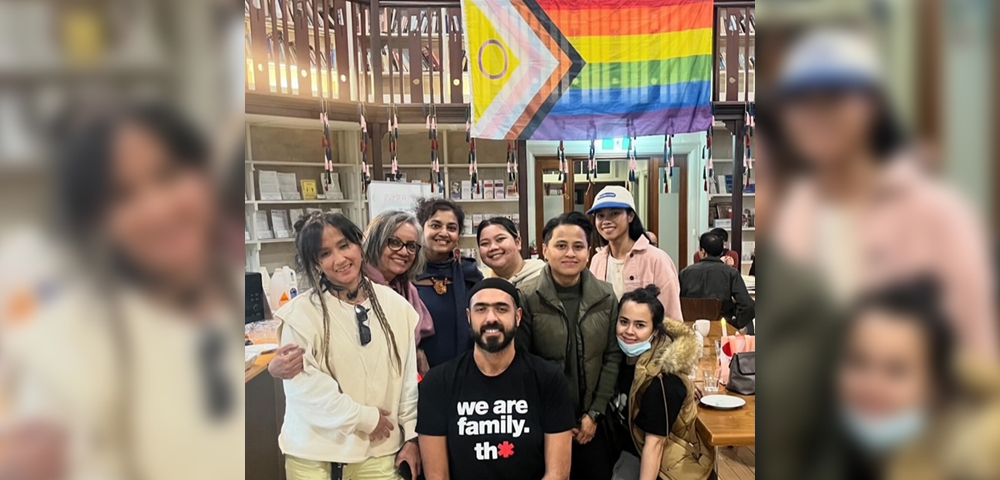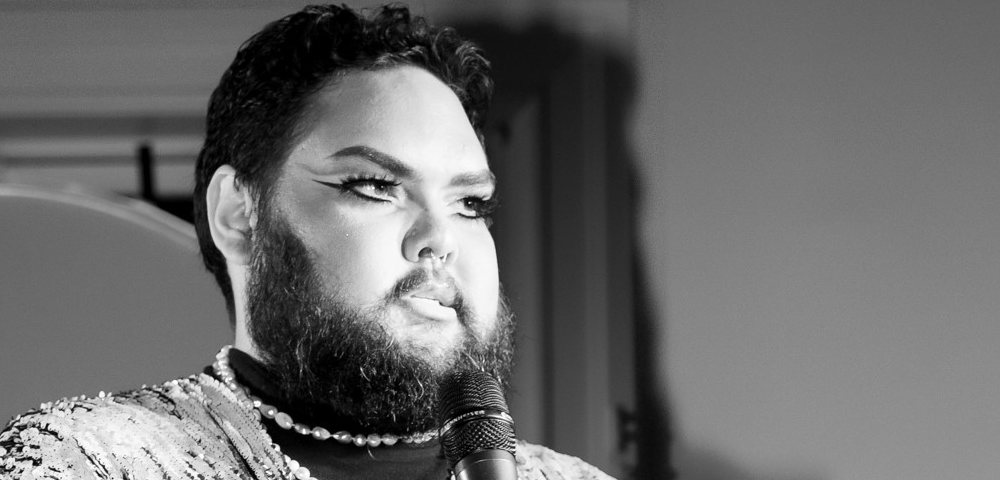
Reforms sweeping Mexico
Monterrey-educated Juan, 28, is concerned that the broader Mexican society may not be ready for the current wave of equality reform sweeping his country.
Passing legislation without societal acceptance may intensify the situation for Mexico’s gay and lesbian population living outside the established gay centres.
I think someone’s going to get hurt. It’s not that open, said Juan. This is a matter of culture. There is a need to educate children in schools and address the concept of the traditional family. Legislation is not the solution, society is not ready for it.
In 2006 Mexico City legalised civil unions, followed by the state of Coahuila in 2007. Other states currently considering legalising civil unions include Colima, Michoacan, Jalisco, Guerrero, Puebla and Veracruz.
Openly gay politician David Sánchez said after the Coahuila decision, There is going to be a domino effect across the country. This movement cannot be stopped. It is time we Mexicans begin to discuss these type of questions, without taboos, without prejudice.
It is Sánchez’s sentiments that concern Juan. I can understand why Mexico City passed civil unions because it’s so big: it’s the gayest city in Mexico. But Coahuila? It’s very unusual. I don’t know what happened there.
Other equality laws recently enacted include federal anti-discrimination laws, passed in 2003 to protect Mexico’s gay and lesbian population in the workforce.
The law also created the National Council to Prevent Discrimination, a body charged to investigate discriminatory acts committed by public officers.
The Mexican Constitution has an implied anti-discrimination clause on the basis of sexuality. Article 1 lists, amongst others, -˜las preferencias‘.
In this context I would interpret las preferencias to mean sexual preferences. However, it isn’t explicitly stated. This is very smart. The Government didn’t want to have any problems with society, said Juan.
The phrase would have to read -˜las preferencias sexuale‘ for there to be no ambiguity regarding the meaning.
In March 2007, Mexican boy band member Christian Chavez announced his sexuality. On his website he wrote, Although I’m scared and filled with uncertainty, I know that I can rely on the support of my fans.
I ask them from the bottom of my heart not to judge me for being honest.
Juan doesn’t believe this outing will have any effect on changing public perception.
Everyone knows the singer Juan Gabriel and to look at him it’s really obvious. Gabriel hasn’t changed anything in Mexico so why would Christian Chavez change anything when he’s not as famous, he said.
Mexican gay rights activist Sergio Villarreal said last year, Chavez’s decision raises hope of a more inclusive future with more respect for differences.
Juan went to Melbourne in 2006 to study English at Swinburne and relocated to Sydney in 2007 to undertake his Master’s degree.
I came to Australia because I wanted to be happy. I wanted to be myself. Now I can live my life and no one cares what I’m doing. It’s like, -˜whatever,’ if you’re gay.










Well I am an American living in Mexico with my partner of 8 years. I came to Mexico to be with him since there is no way for him to legally live in the USA. Part of the problem with Mexico is people like “Juan that prefer to flee instead of demanding their rights. Currently there are 2 laws pending approval in Mexico. The first would recognize same sex marriages on a NATIONAL level. The second would allow for same sex marriages in Mexico City. If the second passes but not the first, same sex residents of Mexico City can marry and their marriages will be valid in all of Mexico. I guess at that time -œJuan would want to come back to Mexico since he would have more rights in Mexico than Australia?